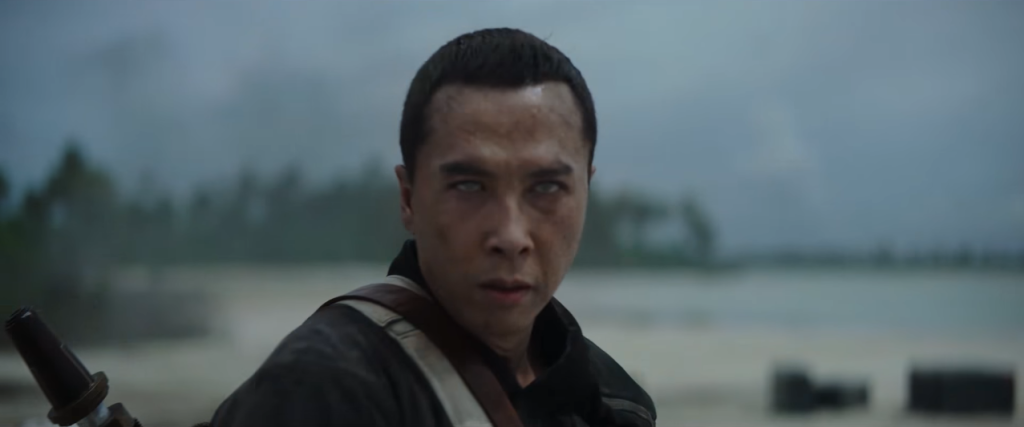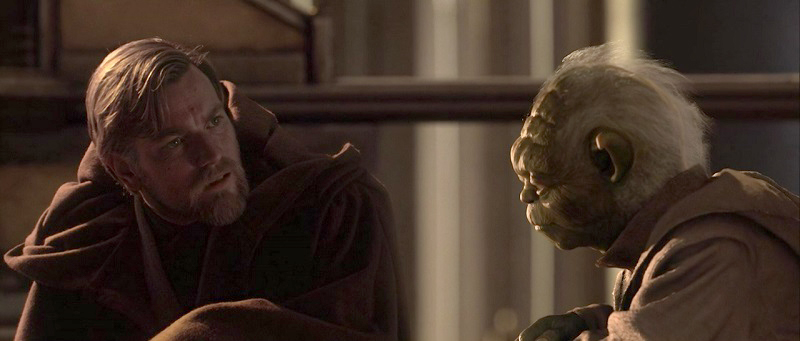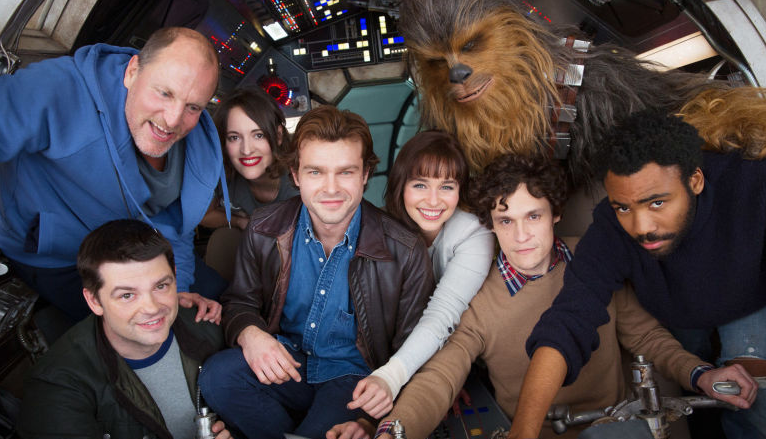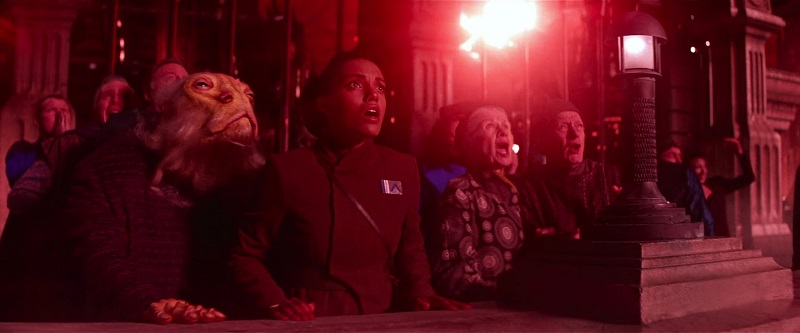Second Look is Eleven-ThirtyEight’s biannual tradition of highlighting some of our most interesting pieces from recent months. Every day this week you’ll find a different older piece back on our front page for another moment in the spotlight. – Mike, EIC
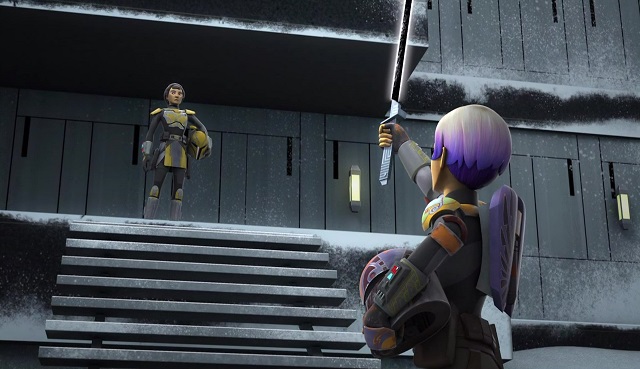
Ever since Boba Fett first graced screens, whether you count the Holiday Special or The Empire Strikes Back as his debut, the Mandalorian visage, that “T”-shaped visor, all-encompassing armor and jetpack with weapons strapped across every extremity, has intrigued people. From that initial appearance, with as little time spent on him as there was, a whole subculture of the Star Wars fandom grew, even before anyone really knew or codified exactly what “Mandalorian” meant. It was the mystery that drew people in, the very Star-Wars-fan idea of taking something that looked cool and sounded cool and latching on to it, filling in the gaps in the existing storytelling with our own ideas.
Since then, there have been several waves of Mandalorian backstory fleshed out, both canon and not, but there has been a main, consistent drive through almost all of them: a warrior culture. In the grand tradition of dozens of other fantasy and sci-fi franchises, the Mandalorians became a Proud Warrior Race, with honor, a clan-based social hierarchy, and a thirst for battle as the cornerstones of their society. This led to problems, of course, because what little we know of Boba Fett showed a man very different from that, and the idea of him being an outlier or social outcast was established early on.
Thus, Mandalorian culture left him behind and continued to grow and evolve through its different portrayals, typically in novels and comics. But things did not really start taking off until Jango Fett, Boba’s father, came onto the scene in Attack of the Clones. In establishing Jango’s backstory, the ideas of Mandalorian terrorist groups like the Death Watch, who took the ideals of their culture to their most violent extremes, and of more honorable groups like the Protectors, were first really presented. Also, and just as important in the long run, was the ideal of family.
